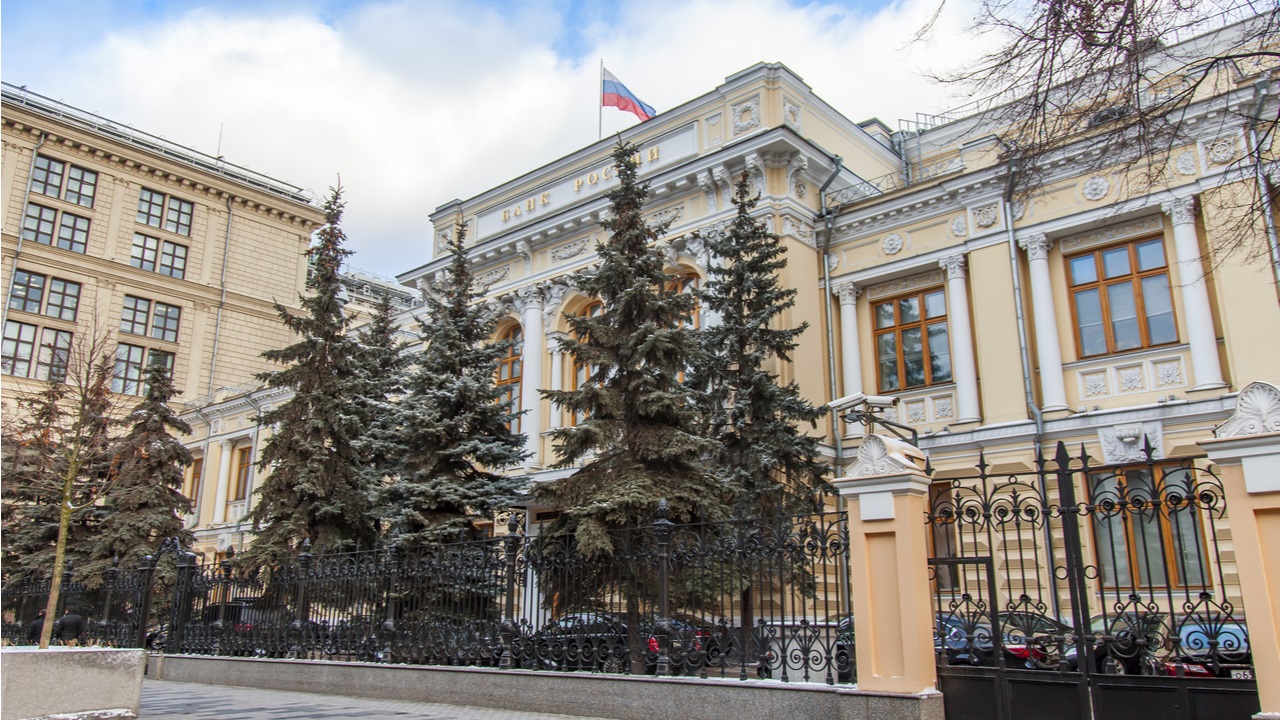
Russia’s Central Bank is looking at various options to stop Russians from investing cryptocurrency. A media report revealed that one of the possibilities is blocking card payments to specific recipients, such as those involved in crypto-exchanges. A recent meeting at the State Duma has indicated, however, that the authority’s hardline stance is not backed by other government institutions in Moscow.
Russia’s Central Bank Considers Mechanisms to Limit Crypto Investments
According to Forbes Russian magazine, CBR has discussed several options to limit access to cryptocurrency for local investors in talks with market participants. According to Andrey Mikhaylishin, founder of a crypto project tested in the regulator’s sandbox, one of the options under consideration is to block card payments to crypto platforms.
Banks may be forced to cease transactions using Merchant Category Codes, four-digit numbers that are assigned to recipients depending on their services. The report notes that 6051 is used to facilitate digital asset exchanges. Mikhaylishin found out that the idea was brought up by an employee of the central bank and that publication could confirm this information directly from the CBR.
Bank of Russia advised commercial banks to block wallet accounts and cards used by suspect entities. It also recommended that they list crypto exchange providers. However, Bank of Russia has not yet released an advisory report on its position regarding cryptocurrencies. The report should be reviewed by a working group set up at the State Duma which is now considering regulations for crypto-related activities that remain outside the scope of the law “On Digital Financial Assets.” This law went into force at the beginning of the year.
The group held its first meeting at the lower house of Russia’s parliament on Tuesday. During the discussions, Deputy Governor Olga Skorobogatova made it clear the regulator was not drafting a law that would ban cryptocurrencies but at the same time, she emphasized the CBR’s firm opposition to their circulation in the country. The central bank plans to prohibit crypto investments, Skorobogatova said, according to the sources quoted by Forbes — an employee of the authority and another official, who were present at the meeting.
Bank of Russia Alone with its conservative approach to Cryptocurrency Regulierung
The two sources also shared that Bank of Russia’s hardline position was not fully supported by the other participants. Deputy director of Russia’s Federal Financial Monitoring Service, Herman Neglyad, proposed allowing cryptocurrencies to circulate while imposing strict controls over financial flows between the crypto space and the traditional financial system. Alexey Moiseev (Deputy Finance Minister) suggested that crypto purchases be restricted, but for only non-qualified investors.
In his opinion, it’s now too late to completely ban cryptocurrency, given that 10 million Russian citizens have already acquired one coin or another, as per the department’s own calculations. Russian Association of Cryptoeconomics Artificial Intelligence and Blockchain, (Racib), states that Russia has 17.3 millions people with crypto wallets. This number is likely to be much higher because it does not include those who trade via VPNs.
The ministry’s press service commented to Forbes that banning cryptocurrencies now would create a lot of problems for Russians, as such a move would make their holdings illegal. Estimates quoted in Bank of Russia’s Financial Stability Overview for Q2 and Q3 of 2021 indicate that the annual volume of digital currency transactions made by Russian residents amounts to around $5 billion. Anatoly Aksakov (head of the Financial Market Committee in the Duma), stated that Russians have invested more than $67 billion into crypto.
Are you expecting Russia to limit card payments for cryptocurrency exchanges to be made? Comment below.
Images CreditsShutterstock. Pixabay. Wiki Commons
DisclaimerThis information is provided for educational purposes only. This article is not intended to be a solicitation or offer to sell or buy any product, service, or company. Bitcoin.com doesn’t offer investment, tax or legal advice. The author and the company are not responsible for any loss or damage caused by the content or use of any goods, services, or information mentioned in the article.